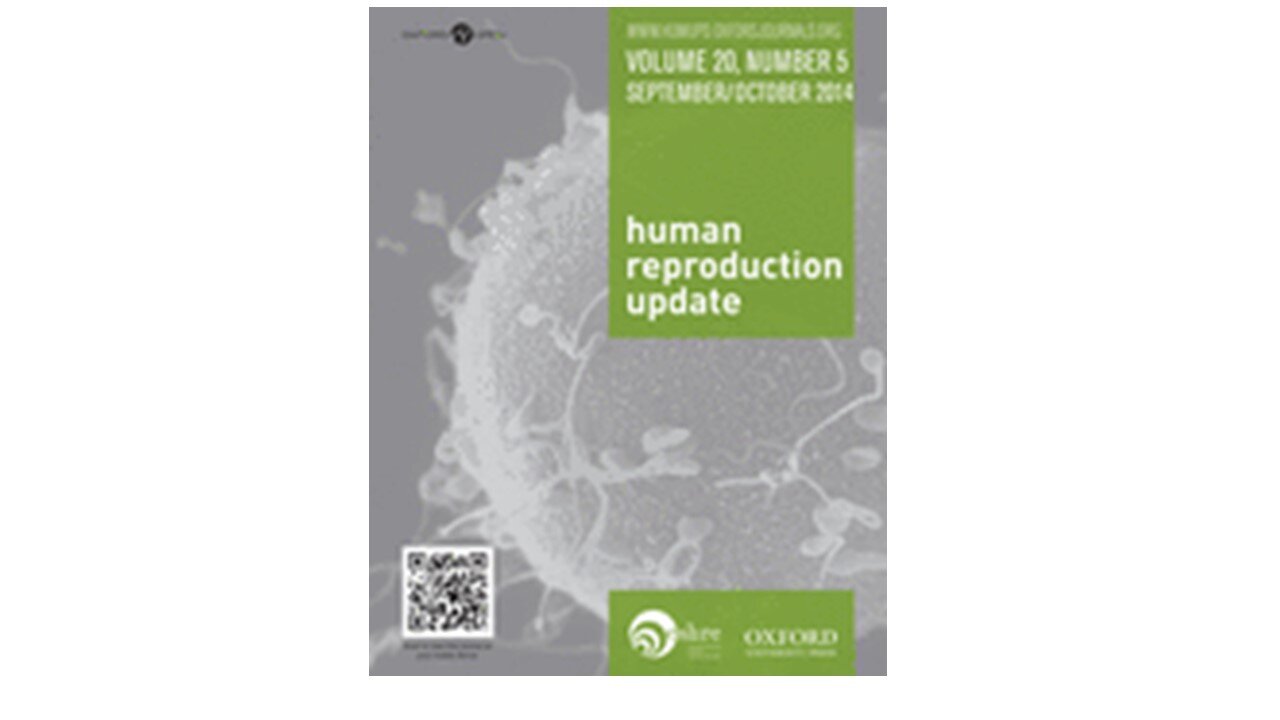
Women’s Health & Polycystic ovary syndrome (PCOS)
Welcome, to Dr John Barry’s PCOS page
John presenting his work at European Health Psychology Conference Crete 2011
Dr John Barry is a world expert on psychological aspects of PCOS. His research, in conjunction with gynaecologists and endocrinologists, has produced some of the key studies in this area. This research started with his MSc Health Psychology dissertation in 2004 (University of Westminster), followed by his PhD (City University London) in 2011. John has written the first academic book on psychological aspects of PCOS (Barry, 2019), and the first psychological therapeutic intervention to reduce adrenal androgens (substances similar to testosterone) in women with PCOS, with University College London and the Royal Free Hospital (London) in 2017. John has presented his work to a variety of international audiences. Although PCOS is no longer the main focus of his research, John is still open to collaborations in this area.
What is Polycystic ovary syndrome (PCOS)?
Polycystic ovary syndrome (PCOS) is one of the most common hormone disorders affecting women, with a prevalence of at least 10% in women of childbearing age. It is the most common cause of testosterone excess in women and the most common cause of ovulatory failure. Testosterone excess is shown by facial/body hair and acne, and ovulation problems are demonstrated by subfertility and menstrual irregularity. In addition, PCOS is associated with obesity and type 2 diabetes. It is therefore perhaps not surprising that many studies have found that women with PCOS experience low mood, anxiety, and other difficulties to a greater degree than women without PCOS.
What are the psychological aspects of PCOS?
Given the wide range of problems associated with PCOS (such as facial hair, acne, fertility problems, obesity, and type 2 diabetes), it is not surprising that women with PCOS are more inclined to depression and anxiety than other women. There are other possible issues in relation to PCOS, but these need further research. For example, research suggests that women with PCOS are about four times more likely than other women to experience problems with low blood sugar levels, which is likely to contribute to anxiety and low mood. There is also evidence that the higher levels of testosterone can benefit some aspects of cognitive functioning in women with PCOS, another under-researched area in PCOS.
Research Highlights
Click here to see John’s full research profile

Thank you to previous participants who have taken part in PCOS Research
Upcoming / Recent Events
Recent Articles
PCOS Research Professional Services
Contact John using email: johnbarry [at] johnbarrypsychologist.com
if you would like to commission his expertise in PCOS research in relation to:
Research design & data analysis
Research Collaboration & Consultancy
Speaking, Presenting, Lecturing
Hypnotherapy & Relaxation
Professional writing, Training & Resources
Interviews / Press commentary
Featured PCOS Blogs
Support Groups / Website
Below are some which you may find useful.
(Disclaimer: PCOSResearch.org does not necessarily agree with all of the views on the websites).
UK
Australia
Follow John on twitter for PCOS updates
-
RT @PCOSResearcher: Incredibly interesting study! RCT of 42 women with PCOS, half to 8 weeks of mindfulness training. The mindfulness… https://t.co/3veXqTIXMy
-
RT @CornellOvaryLab: New study evaluating the global digital impact of #PCOSawareness month highlights the importance of social media, c… https://t.co/FCnT56Z0Rc
-
RT @HelenaTeede: Calling for Australians passionate to improve lives of women with #PCOS? Seeking PCOS Champions & Coordinator - dri… https://t.co/rbiJs3Bp27















